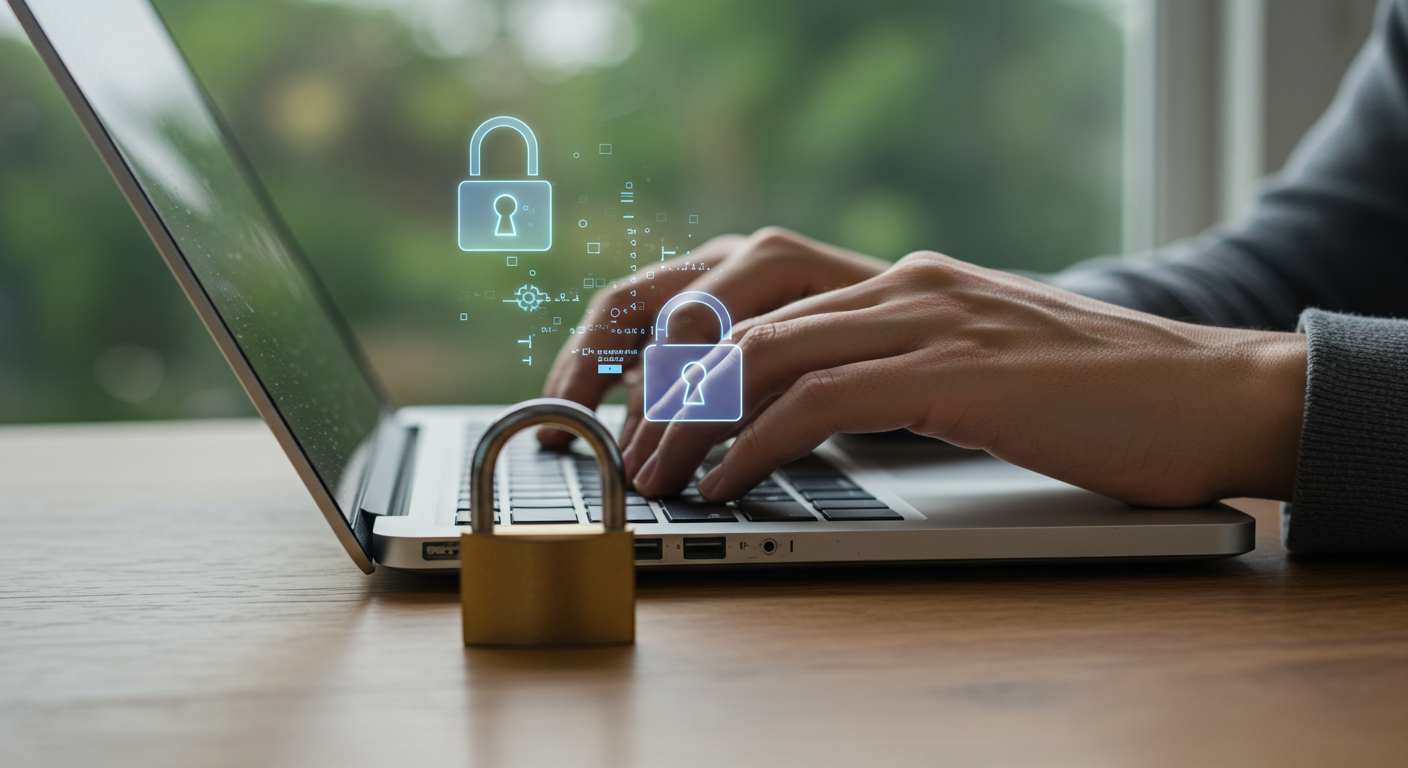The Beginner’s Guide to Zero-Knowledge Sharing

The Beginner’s Guide to Zero-Knowledge Sharing
What “zero-knowledge” means in real life
Zero-knowledge sharing means the service you use cannot read your content. Your data is encrypted before it leaves your device (client-side encryption), and the keys never reach the server in usable form. If someone subpoenas, breaches, or works at the service, they still cannot read your secret.
Zero-knowledge vs. other encryption
- Transport encryption (TLS): Protects data in transit between you and the server. The service can still see plaintext.
- At-rest encryption: Protects stored data on the server. The service still holds the keys and could decrypt.
- End-to-end (E2EE)/Zero-knowledge: Encrypts on your device; the server only stores ciphertext. No plaintext exposure to the provider.
In short: TLS and at-rest encryption protect the pipe and the disk; zero-knowledge protects the content from the provider.
What problems it actually solves
- Provider compromise: A stolen database yields only ciphertext.
- Insider risk: Staff cannot read your messages or notes.
- Legal/forced access: The provider can hand over encrypted blobs, not plaintext.
It does not stop phishing, screenshots, or a compromised recipient device. Pair it with good habits.
How zero-knowledge sharing works (simple flow)
- Step 1 — Encrypt locally: You type the secret; your browser/app encrypts it with a key derived from a password or random key.
- Step 2 — Send ciphertext: The server receives only encrypted data and a short link.
- Step 3 — Verify out-of-band: Share any access code through a different channel.
- Step 4 — One-time view + expiry: The recipient decrypts once; the note self-destructs or times out.
Keys and passphrases, without the jargon
- Access code = key: If someone has the link and the code, they can decrypt. Split them across channels.
- Strength matters: Use a strong passphrase for key derivation. Learn how here: How to Create Strong Passphrases You’ll Actually Remember.
- No reuse: Don’t reuse access codes between different shares.
Threat model: when to use zero-knowledge
- Short-lived secrets: Passwords, API keys, recovery codes, private URLs.
- Minimal trust in provider: You need delivery, not visibility from the service.
- Regulated data paths: You must prove the provider can’t read content.
Zero-knowledge + one-time links = fewer archives
Even with E2EE, email threads and chat logs create long-term risk. Deliver secrets using self-destructing links, short expiry, and a separate access code. See the comparison here: One-Time Links vs. Encrypted Email: What’s Safer in 2025? and the practical how-to here: The Safe Way to Share Passwords in 2025 (No Email).
Metadata still matters
- Timing and IPs: A service may still see when and from where a link was opened.
- Subject lines: Avoid revealing info in email subjects or link descriptions.
- Link previews: Disable rich previews where possible to avoid accidental fetches.
Practical playbook (copy/paste for teams)
- Policy: No plaintext secrets in email or chat.
- Tool: Use zero-knowledge, single-view notes with short expiry.
- Split channels: Send link via email/chat; send access code via SMS/call.
- Verify identity: Quick call before revealing high-impact secrets.
- After use: Rotate credentials and enable MFA on the account.
- Store properly: Keep the permanent copy in a password manager, not in threads.
Common mistakes (and fixes)
- Sharing link and code together: Always split channels.
- Long expiries: Keep it tight (24–72 hours).
- Weak access codes: Use non-personal, high-entropy passphrases.
- Trusting previews: Be careful with apps that auto-open links.
FAQ
Is zero-knowledge the same as “zero-knowledge proofs”?
Not necessarily. In apps, “zero-knowledge” usually means the provider can’t read your content (client-side encryption). Zero-knowledge proofs are a cryptography technique used for specific verification goals.
Can recipients still leak the secret?
Yes—via screenshots or copying. Treat first view as a signal to rotate or add MFA.
Do I still need a password manager?
Absolutely. Zero-knowledge delivery reduces sharing risk; managers reduce storage and reuse risk.
Bottom line
Zero-knowledge sharing minimizes how much you must trust any service. Encrypt on your device, split link and code, keep expiries short, and store the master copy in your password manager.
Secure One-Time Messages - Send confidential messages that self-destruct after being read once. Your privacy is our priority. →.
🔒 Keep your home safe with ease: check out the Ring Rechargeable Quick Release Battery Pack 🔗 and never let your security camera run out of power.
🧠 Boost Your Brain Power Today
Curious about how far your brain can go? Neuro Surge is the new 2025 formula designed to enhance memory, focus, and mental clarity. Backed by science and optimized for performance, it's one of the top-rated brain supplements this year.
🔍 Learn More About Neuro Surge📜 Original Content Notice: This article was originally published on 🔒OneTimeRead. All rights reserved.
Reproducing or republishing this content without written permission is strictly prohibited. Our team combines historical research, ancient texts, and AI analysis to bring you unique insights into hidden history and mysterious knowledge from around the world.